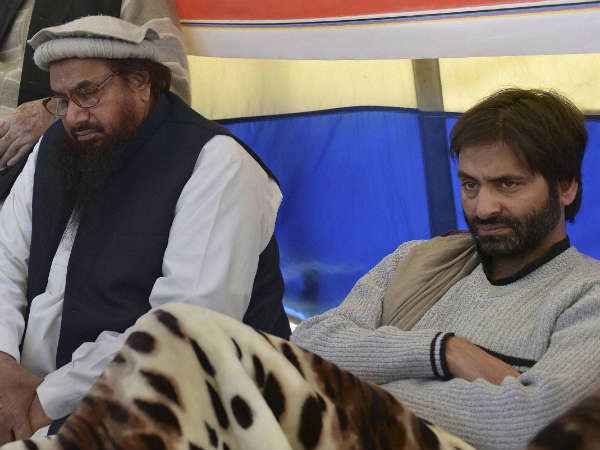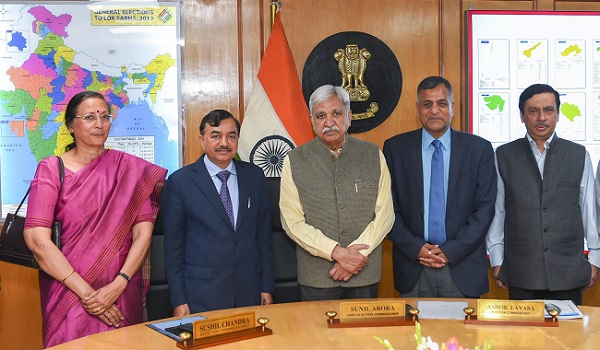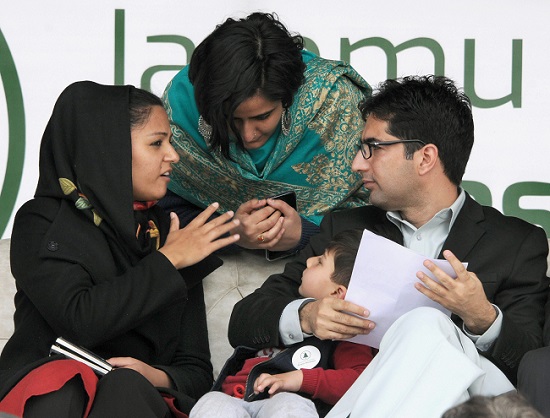Prominent actress, Ellen Page, has been more outspoken, recently, about what she sees as injustices, then simply speaks directly on the subject matter. Some of these can include environmental issues, and hateful rhetoric and leadership or racism.
The Progressive Secular Humanist wrote on this calling out of an American actor, Chris Pratt, in an interview with Stephen Colbert. The interview focused on sheep, sheering of sheep, and a diet coming from the Book of Daniel in the Bible called the Daniel Fast. Pratt said that this diet made him feel good.
As reported, “According to its website, the Daniel Fast is ‘based on the fasting experiences of the Old Testament Prophet,’ and serves to help people ‘draw nearer to God.’” Always, always, there should be a “maybe” followed by a comma and a space — and other conceptual necessities — preceding bold pseudohistorical statements like the one there, as in: “…maybe, the Daniel Fast is based on the fasting experiences of the purported Old Testament ‘Prophet’…”
Pratt described to Colbert how this was, in essence, their church’s Lent, to bridge the conceptual gap with Colbert, who is a practicing Roman Catholic Christian. The diet consisted of no meat, no sugar, and no alcohol. The interviewed continued in this chummy way.
Page went on social media to critique Pratt because of the anti-LGBTQ nature of the church that Pratt takes part in now; in fact, Page, at the same time, was critiquing the soft interviewing of Colbert.
A statement (2015) from the church, Hillsong Church, stated, “God’s word is clear that marriage is between a man and a woman.”
Thus, the traditional view is the one purportedly endorsed by a supposed god, where this god is displeased and looks down upon gay ‘lifestyles’ and gay marriage.
That is to say, Hillsong Church views homosexuality as a social lifestyle rather than a reality; an innate tendency within the human species. Why? Because God did not intend things this way, likely. He intended marriage between male and female without homosexuality in the cards.
To their credit, the statement noted a welcoming attitude to everyone coming into the church. However, they do not affirm all — what they non-scientifically assert as — “lifestyles”:
Put clearly, we do not affirm a gay lifestyle and because of this we do not knowingly have actively gay people in positions of leadership, either paid or unpaid. I recognise this one statement alone is upsetting to people on both sides of this discussion, which points to the complexity of the issue for churches all over the world.
Discrimination in marriage, regressive in social outlook, and bias in hiring all-at-once; this is Hillsong Church circa 2015, where this extends to the non-Australian extensions in which Pratt and other American celebrities take part now. Other promoters of the Hillsong Church have been “Justin Bieber, Selena Gomez and the Kardashians.”
America is coming to the head of a huge culture war. One of the linchpins, among many, is the issue of LGBTQ+ acceptance within their society or not. This callout by Page will be among a number of others, as this continues to be just below the surface of public consciousness.
As with the many explosions in American history, the outcome will be further repression of the LGBTQ+ community or further acceptance of them. Hillsong Church is based on Australia but boasts over 100,000 members worldwide. It is a massive church, where the lead pastor, Brian Houston, has been embroiled in media ploys to try to clear the name of infamous misogynist pastors including Mark Driscoll of defunct Mars Hill Church.
The Hillsong Church stands against stem cell research, abortion, supports Creationism, and views homosexuality as against the teachings of the Biblebut Hillsong Church, itself, does not, at the same time, condemn homosexuals. This exists along the lines of “hate the sin but not the sinner” seen in some weaker arguments in the Pentecostal arsenal for social control of homosexuals and theological grounding for marital and sociocultural discrimination of the LGBTQ+ community.
The bottom line is that Houston does not think the Bible can be unwritten or rewritten, as it is the fundamental delivery from He on High, the Creator of the Universe. Pastor Chad Veach of Zoe Church — Pratt’s pastor and church — modeled everything after Hillsong Church. These are not complicated moral issues. These are not complex questions about the nature of human relations. These are basic, elementary even, moral and ethical questions.
Do you, as a leader of a community, want to include sexual orientation and gender identity minorities into your communities as full members or simply as advocates of Christ in the church as members but those members who simply are not permitted the possibility to be real equals based on the contents of the holy text within the fundamentalist Pentecostal reading of the Bible? In short, do you want to include homosexuals in the community as full participants or not?
If you don’t, then you do not believe in equality for all, as in the case of marriage only for heterosexuals in binary units or a male and a female united in the eye’s of God as a husband and wife. If you do, then you believe in the inclusion of these members of the community, not as honorary badges of marginal progressivism.
Furthermore, if the latter, it would be an interesting reflection and observation that the progressive secular communities have already been working on this issue for some time without the need to pray on it, to read the holy text for answers, to go to a higher religious authority or body for detailed theological exegesis, but only to the basic instincts, when unencumbered by too much dogma, for inclusion, general honesty, and compassionate community-building based on mutual respect and camaraderie.
It becomes a basic ethical fact. Either LGBTQ2IA+ are included in the subculture or not. If not, please explain the reason. Because, the reasons, typically, are amoral if not immoral and based on the tacit understanding of a purported holy text in which they may be identified spiritually as equal — whatever that means — but, in the concrete world, the nitty-gritty of everyday life, simply get left out as equals compared to the heterosexual communities. Pratt, Houston, Veach, et al, seem to have failed this base moral question. Pratt et al in terms of implicit endorsement, e.g., attendance and financial in terms of tithing; Houston and Veach in terms of preaching and theology. Page is on point; I look forward to reading her next one.
Get flipping.
Photo by Paul Thomas on Unsplash










